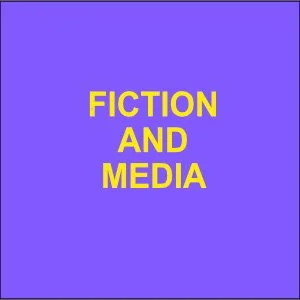By Joseph C. Lincoln (Author), Colin Heston (Introduction)
Cy Whittaker’s Place by Joseph C. Lincoln is a humorous and heartwarming novel set in the fictional Cape Cod town of Bayport. The story follows Captain Cy Whittaker, a former sea captain who returns to his hometown after years of sailing and making his fortune. Having left Bayport as a young man with no intention of coming back, Cy finds himself drawn back to the familiar shores and the old homestead, now in disrepair and known locally as “the Cy Whittaker place.” With no surviving relatives and a reputation to rebuild, Cy sets out to reestablish himself in the community, bringing with him a mix of worldly wisdom, dry wit, and a generous heart.
As Cy settles into life on land, he becomes involved in the town’s affairs, often clashing with local politics and social expectations. His unconventional ways and blunt honesty both amuse and unsettle the townspeople, but over time, his integrity and kindness win them over. A central thread of the story involves Cy’s guardianship of a young boy, whose presence brings new purpose and emotional depth to his life. The novel also features a romantic subplot, as Cy navigates the complexities of rekindled relationships and new affections, all while trying to do right by those around him.
Lincoln populates the novel with a colorful cast of Cape Cod characters, including the meticulous town clerk Asaph Tidditt, the meddling but well-meaning neighbors, and the ever-watchful townsfolk who provide a steady stream of gossip and commentary. The narrative is rich with regional dialect, local color, and the gentle humor that characterizes Lincoln’s work. Through Cy’s journey, the novel explores themes of redemption, community, and the enduring value of home and belonging. With its blend of comedy, sentiment, and social observation, Cy Whittaker’s Place offers a nostalgic and uplifting portrait of small-town life and the quiet heroism of an ordinary man determined to make a difference.
Read-Me.Org Inc. New York-Philadelphia-Australia. 2025. 200 p.










